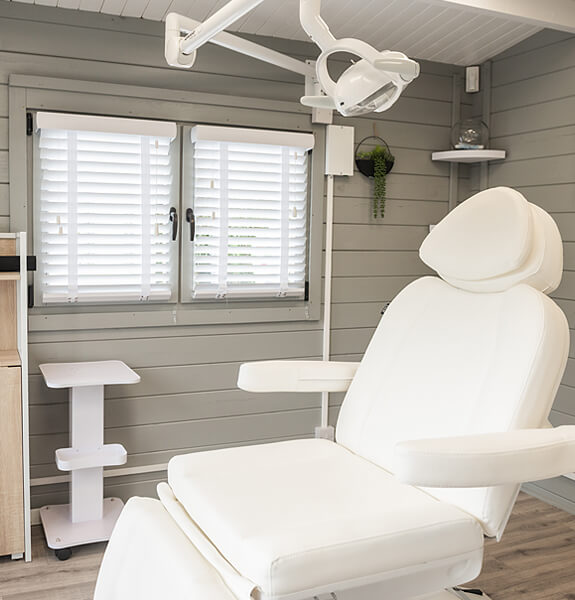What Is theRole of a Dental Hygienist?
A hygienist is a dental health professional who helps to maintain patients’ oral health by preventing and treating gum diseasealongside helping patients with their home oral health care. promoting good oral health practice.
What Can a Dental Hygienist Do?
Providing treatment for gum disease is the primary job of a dental hygienist.
However, one of the most important roles is to help with prevention of gum disease by providing advice to patients on how to maintain good brushing at home.
Dental hygienists are also able to provide local anaesthetic, take x-rays and impressions, and apply fluoride varnish and fissure sealants where appropriate. Dental Therapists can also provide these as well as additional treatments.
Do I Have to See a Dentist or Can I Just See a Hygienist?
Dental Hygienists and Therapists can see patients directly without being referred by a Dentist, this is called ‘Direct Access’.
We are able to prescribe and provide treatment within our scope, however it is always recommended to see a Dentist for a full mouth examination alongside regular hygiene appointments.
What Is Gum Disease?
There are several types of gum disease.
The most common is gingivitis, which is when the gums become swollen, and you may notice bleeding when brushing or flossing. The cause of gingivitis is from plaque bacteria being left on the teeth, usually from lack of orineffective brushing. Plaque is a sticky film of bacteria that builds up on your teeth every day, the bacteria irritate the gums causing them to become red, inflamed and bleed easily. Plaque also contributes to tooth decay.
By improving your daily brushing routine to remove the build-up of plaque, it is possible to reverse gingivitis.
Periodontitis
If not addressed, in some cases, gingivitis can progress into periodontitis,which is a form of gum disease that affectsthe fibres and bonesupporting the teeth. It causes damage to these supporting structures which is irreversible. A combination of professional treatment and upkeep of thorough brushing at home, can help to slow the progression of periodontitis.
The final stages of periodontitis can see teeth becoming loose or wobbly, which may lead to dental extractions. Loss of teeth can impact your quality of life including eating, your appearance and perhaps even your confidence.
Early diagnosis and intervention of gum disease often means that tooth loss can be prevented, so it is important to regularly see a dental professional.
Is There Anything Else That Could Be Affecting My Gums?
Yes, there are additional influences that can affect the health of your gums. We call them ‘risk factors’ and these include:
- Smoking
- Diabetes
- Stress
- Diet
Therefore, is important to quit smoking, achieve and maintain good diabetic control, stress management and maintaina healthy balanced diet, to see improvements in gum health.
Ways ToImprove Your Daily Oral Hygiene Routine:
- Effective brushing of all the surfaces of all teeth and the gum line twice a day, including at bedtime
- Cleaning between the teeth daily with floss or interdental brushes – without this– without this you miss 40% of the tooth surface(Your dental professional can advise which is the best for you).
- Using a fluoridated toothpaste, which contains1350 – 1500ppm fluoride (for those ages 3 years and above).
- Not rinsing out with water or mouthwash after brushing – just spit the toothpaste!
Your dental hygienist or therapist can provide you more tailored advice within your appointment.


